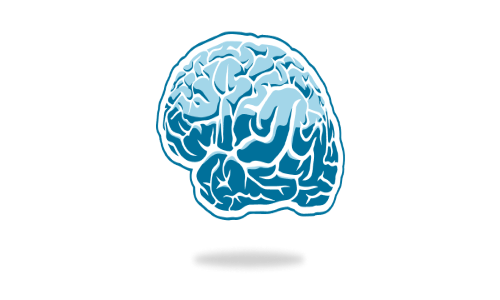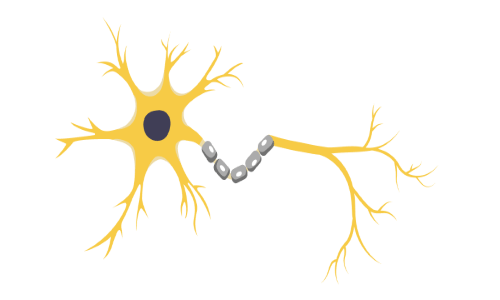
Opioid Treatment for Pain in Clients with Substance Use
Open to access this content

Open to access this content

Open to access this content

Open to access this content

Open to access this content

Open to access this content